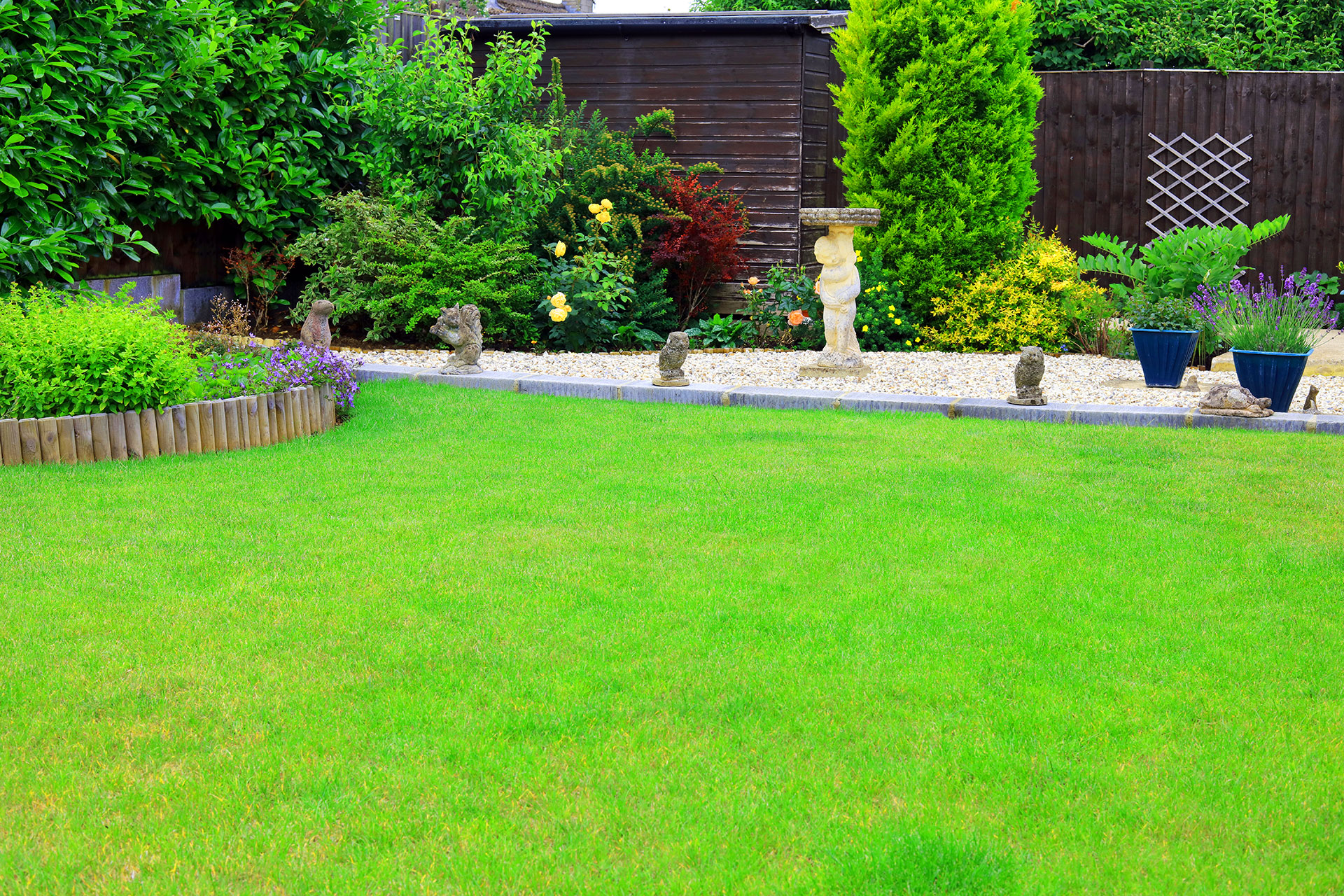Autumn has a way of lulling gardeners into a false sense of security. The blooms fade, the leaves fall, and it feels natural to step back and let the yard rest. But skipping fall cleanup sets off a chain of quiet changes. Some are small inconveniences, others are costly surprises that show up months later.
Leaves Don’t Just Vanish
A scattering of leaves looks charming in October. By December, it’s a soggy mat suffocating the lawn beneath. Trapped moisture blocks light and airflow, creating a perfect breeding ground for mold and fungi.
Instead of insulating your yard, uncollected leaves can smother grass and encourage bare patches that welcome weeds in the spring.
Pests Find Winter Homes
What looks like harmless clutter, piles of leaves, dead stalks, or neglected mulch, becomes five-star lodging for pests. Rodents tunnel in for warmth. Insects hide in stems and under debris, waiting for warmer days.
Skipping cleanup essentially lays out the welcome mat, ensuring that when spring arrives, so do armies of unwanted guests.
Weeds Gain an Advantage
Bare soil exposed after summer is an open invitation for weeds. Without a cleanup plan that includes mulching or removing seed heads, weeds spread quietly over fall and winter. By the time you’re ready to garden again, the invaders already have a head start.
The Ripple Effect of Neglect
Skipping fall cleanup doesn’t just change how your yard looks; it shifts the entire balance of your outdoor space.
- Soil health declines as organic matter breaks down in the wrong places
- Moisture collects where it shouldn’t, damaging hardscape and foundations
- The first weeks of spring become overwhelming, as the “to-do” list doubles in size
Why Does Preparation Matter?
Fall cleanup isn’t about chasing perfection. It’s about giving your yard the foundation it needs to thrive when growth returns. Clearing debris reduces pests and disease, trimming perennials sets them up for a healthier comeback, and refreshing mulch protects soil through the cold months.
These simple steps don’t just preserve beauty, they protect the investment of time and care already poured into the garden.
Conclusion
Skipping fall cleanup may feel like a break, but it’s the kind of break that costs more later. Gardens don’t sleep quietly; they respond to how they’re treated in every season.
By giving attention in autumn, you ensure that spring doesn’t begin with setbacks, but with strength.



